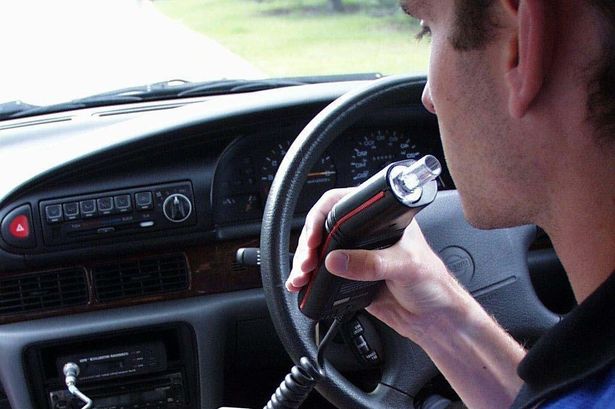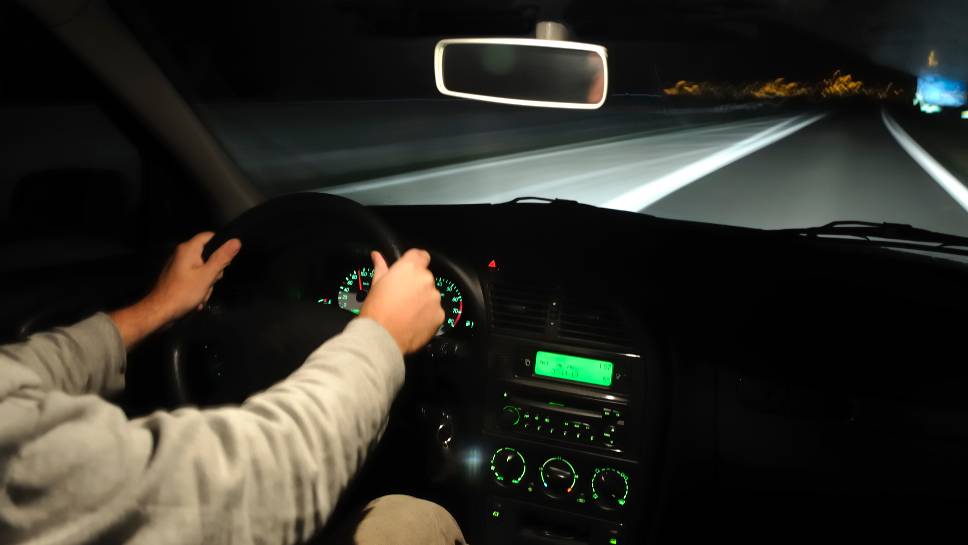The Road Safety Authority (RSA) are currently considering a technological solution to the problem of persistent, repeat offence drink driving. The “alco-lock” is a breathalyser device attached to the dashboard of a car which prevents the engine from starting unless the driver has given an all clear breath sample. The “alco-Lock” is to be deployed as a response to the problem of compulsive, addictive behaviours, where the threat of sanctions are unlikely to deter repeat offence.
RSA chairwoman Liz O’Donnell discussed these new proposals when she addressed the annual conference of Addiction Counsellors of Ireland on April the 17th in the Ardilaun Hotel, Galway. Talking about those offenders “with a more complex relationship with alcohol” for whom drinking is the symptom of “a wider chronic problem”, O’Donnell argued that education and provisions such as alco-locks might work where traditional methods of testing and deterrence have failed:
“In addition to the educational courses, measures may be needed to ‘police’ such high risk drivers when they get into the car, to prevent them from drink driving.”
“Such a measure could include the fitment of alco-lock devices in the vehicle. And this is something we are investigating, looking in particular at how it was worked in other countries.”
Although current alco-locks devices are very sophisticated, the basic idea has been around for a long time. Also called ignition or breath alcohol interlock devices, the first working models were developed by BorgWarner, Inc in 1969. The development of the technology was slow at first, utilizing alcohol sensors which sometimes reacted positively to non-alcoholic sources. Since the 90s, however, the devices have become increasingly accurate and robust, and even employ voice recognition to insure that the correct person is tested. Alco-locks are widely utilized throughout the US, Canada, and New Zealand.
During her speech, Liz O’Donnell also discussed another type of addiction which can be highly detrimental to road safety: “the modern scourge of mobile phone dependency.” Referring to the concept of “nomophobia”, or the fear of being out of mobile reach (“no-mobile-phone phobia”), the RSA chairwoman argued that such a fear can make “otherwise responsible drivers feel justified in their compulsion to use their mobile while driving.” Addiction to communication devices is a problem which is increasingly affecting every facet of our lives, and its impact on road safety is a particularly pressing problem in Ireland. The Road Safety Authority advises that as a society we need to regard mobile use while driving as being in the same category as drink driving. There is no sign yet of an alco-lock to stop our excessive phone use, however many of us might welcome such a device.
RSA chairwoman Liz O’Donnell




















